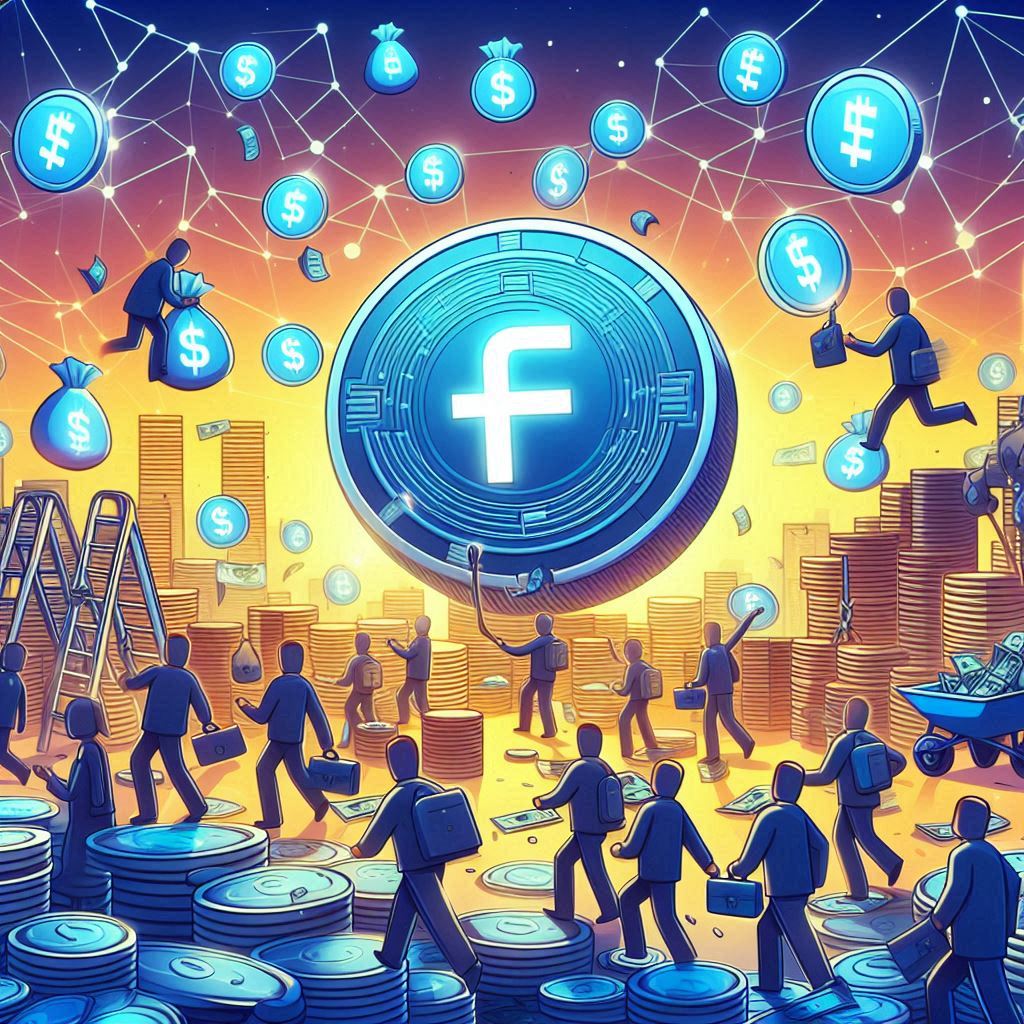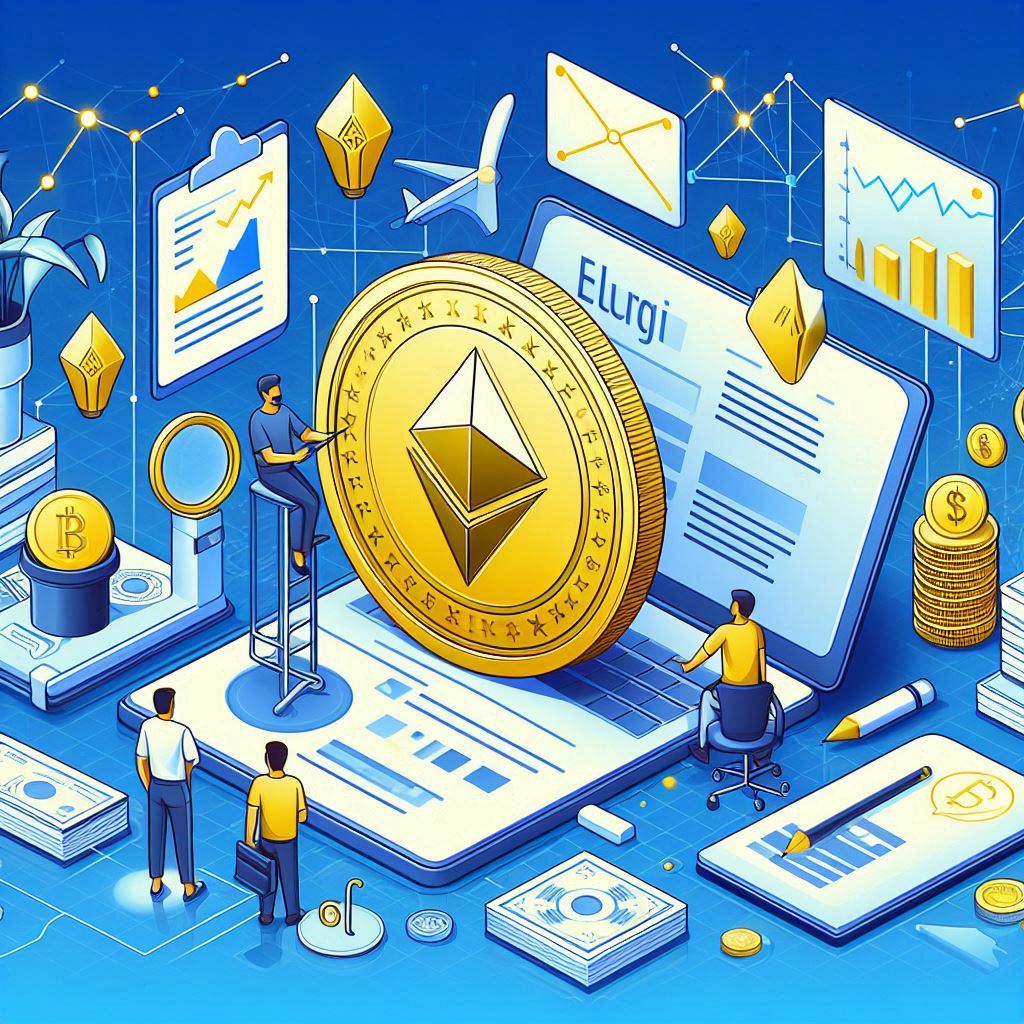
Decentralized Finance, commonly known as DeFi, is a rapidly growing sector within the cryptocurrency and blockchain ecosystem that aims to disrupt traditional financial systems. DeFi leverages blockchain technology to recreate and enhance financial services such as lending, borrowing, trading, and investing, but without the need for intermediaries like banks, brokers, or centralized institutions. By eliminating the middlemen, DeFi is democratizing access to financial services, making them more transparent, efficient, and accessible to anyone with an internet connection.
What is DeFi?
DeFi refers to a collection of financial applications and services built on decentralized networks, primarily using blockchain technology. These services operate through smart contracts—self-executing contracts with the terms of the agreement directly written into code. Smart contracts automatically execute and enforce agreements without requiring human intervention, reducing the risk of error and fraud.
Key components of the DeFi ecosystem include:
- Decentralized Exchanges (DEXs): Platforms that allow users to trade cryptocurrencies directly with each other without relying on a centralized exchange. Examples include Uniswap and SushiSwap.
- Lending and Borrowing Platforms: Services like Aave and Compound enable users to lend their crypto assets to others and earn interest, or to borrow assets by providing collateral.
- Stablecoins: Cryptocurrencies pegged to the value of a stable asset like the US Dollar. Stablecoins like DAI and USDC are essential for maintaining stability in the volatile crypto market.
- Yield Farming and Liquidity Mining: Practices where users provide liquidity to DeFi platforms in exchange for rewards, often in the form of additional cryptocurrency tokens.
Why is DeFi Revolutionizing Finance?
DeFi is transforming finance in several key ways:
1. Accessibility and Inclusivity
One of the most significant advantages of DeFi is its ability to provide financial services to anyone, anywhere in the world. Traditional financial systems often exclude people who lack access to banking infrastructure or who live in regions with unstable economies. DeFi removes these barriers by allowing anyone with a smartphone and an internet connection to participate in the global financial system. This inclusivity can be particularly impactful in developing countries, where large portions of the population are unbanked or underbanked.
2. Transparency and Trust
Traditional financial institutions operate in a largely opaque manner, with customers often unaware of the underlying processes and risks involved. In contrast, DeFi operates on blockchain technology, which is inherently transparent. All transactions and smart contracts are publicly accessible and verifiable on the blockchain, ensuring that users can see exactly how their funds are being used. This transparency builds trust in the system and reduces the likelihood of fraud and corruption.
3. Decentralization and Control
DeFi gives users full control over their assets, eliminating the need to trust centralized entities like banks or brokers. In the traditional financial system, intermediaries often control the flow of funds and can impose fees, delays, or restrictions. DeFi platforms, on the other hand, allow users to retain ownership and control of their assets at all times. This decentralization empowers individuals and reduces the risk of systemic failures that can occur in centralized systems.
4. Innovation and Efficiency
DeFi is driving rapid innovation in the financial sector. By leveraging smart contracts, DeFi platforms can offer services that are faster, cheaper, and more efficient than traditional financial products. For example, DeFi lending platforms often provide higher interest rates to lenders and lower borrowing costs to borrowers than traditional banks, thanks to their automated and decentralized nature. Additionally, DeFi platforms are continuously experimenting with new financial products and services, creating a dynamic and rapidly evolving ecosystem.
5. Interoperability and Composability
DeFi platforms are designed to be interoperable, meaning they can work together seamlessly. This interoperability allows users to combine different DeFi services to create complex financial strategies tailored to their needs. For example, a user might borrow funds on one platform, trade them on a decentralized exchange, and then reinvest the proceeds in another DeFi project—all without leaving the blockchain. This composability fosters innovation and enables the creation of entirely new financial products and services.
Challenges and Risks
While DeFi offers many advantages, it also comes with risks. The technology is still in its early stages, and smart contracts, while powerful, can contain bugs or vulnerabilities that could lead to financial losses. Additionally, the lack of regulation in the DeFi space means that users must be cautious and conduct thorough research before participating.
Conclusion
DeFi is revolutionizing finance by making financial services more accessible, transparent, and efficient. By removing intermediaries and leveraging blockchain technology, DeFi is creating a new, decentralized financial system that empowers individuals and fosters innovation. While challenges remain, the potential of DeFi to reshape the global financial landscape is undeniable, and its impact is likely to grow in the coming years.

